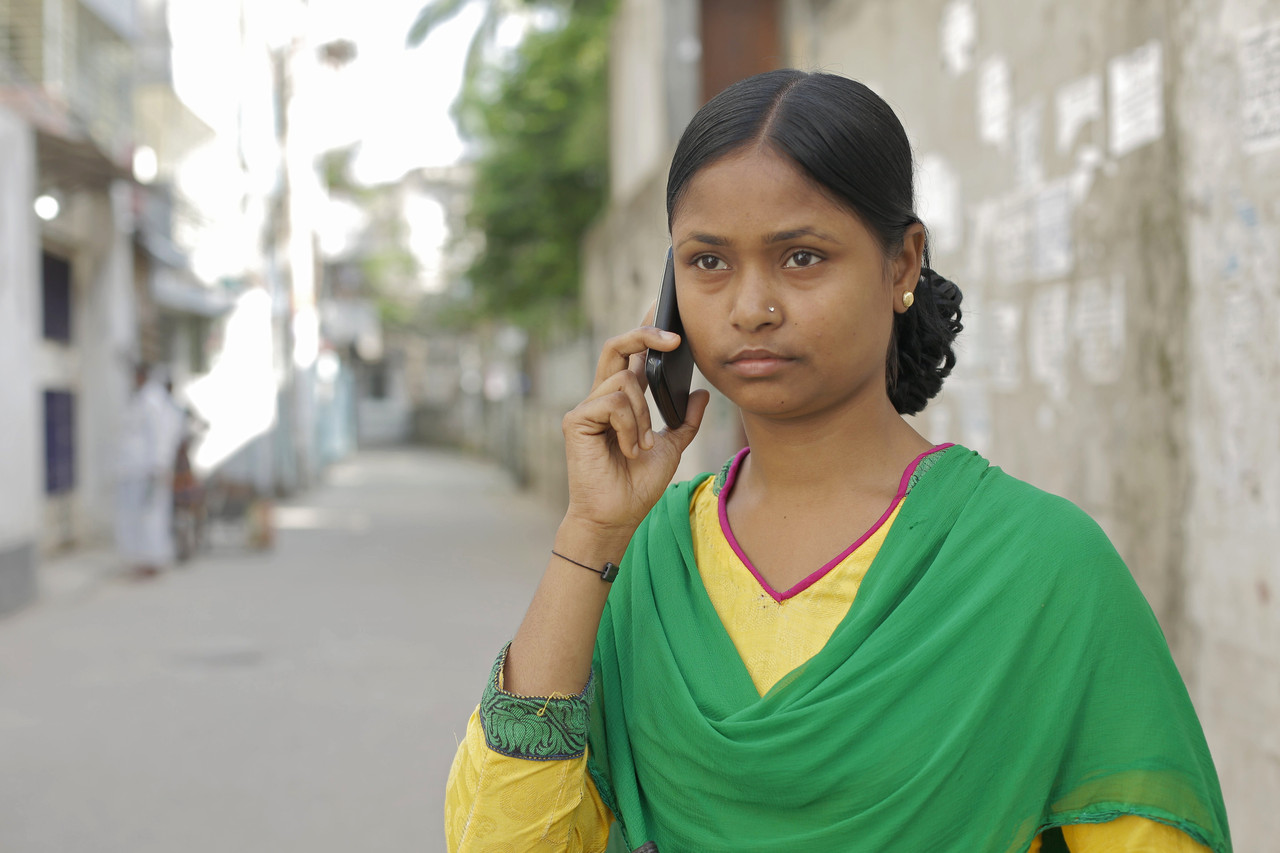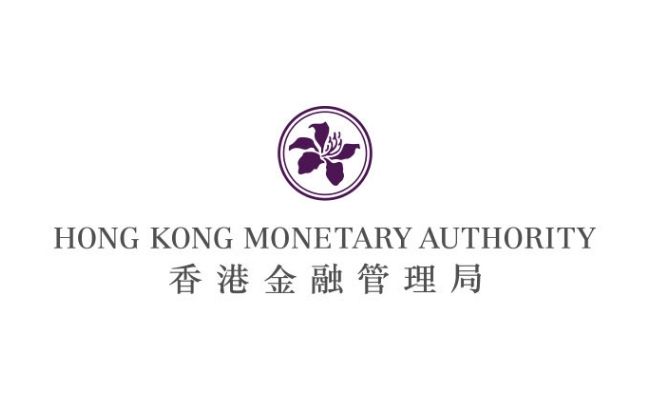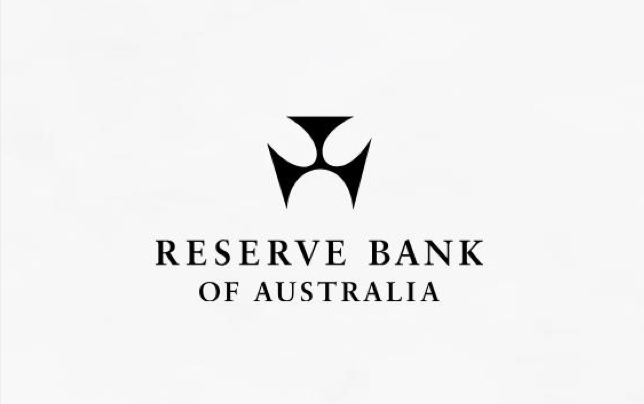
Unbanked Stories: Thai, Myanmar, Mexico, Bangladesh, and the Philippines
E27.CO: Philippines-based fin-tech startup LoanSolutions has raised an undisclosed round of funding from a group of international investors led by KK Fund, with participation from other venture capitalist funds and angel investors, including Kickstart Ventures and John Dang, CEO of Zipmatch. LoanSolutions is an online platform that matches borrowers with financial institutions. Unlike traditional loan comparison portals, it puts borrowers first by using algorithms and hands-on concierge services in the form of loan advisers to ensure that borrowers can secure a competitive loan, says an official release. Read the full article
Read more on the topic: TechInAsia
The Economist: Some mountainous parts of Mexico are so remote that the electricity grid fails to reach them, let alone the banking system. A five-year-old social enterprise, Iluméxico, hopes to change that. It provides more than 20,000 people with loans to buy low-cost solar panels and batteries, enabling them to switch lights on, watch television and charge mobile phones, sometimes for the first time. It also introduces them to the financial system via those same mobile phones. It has launched a pilot project enabling them to pay off the loans in installments via an SMS-based payment system, Transfer, owned by Banamex, one of Mexico’s biggest banks. Read the full article
Forbes: Providing small-ticket loans backed by assets such as cars, motorcycles, houses and land to folk like Nirut, who tend to be shunned by banks, has become a big business for Srisawad. The firm’s loan portfolio is a modest $260 million, but it has 200,000 customers, and with its network of more than 1,000 branches across the country it is the biggest among what are known as “car for cash” companies. Read the full article
The WSJ: Mobile Banking Provides Lifeline for Bangladeshis. Phone-based services revolutionize the way people save and send money. In cash-focused Bangladesh, mobile-money services are still a novelty, and some traditional bankers worry about potential security risks that users of private services like bKash face. But experts at Bangladesh Bank, the country’s central bank, describe mobile money as a key strategy to expand financial access in this nation of 160 million people, where fewer than 30% have a bank account. Four years after Bangladesh Bank started handing out mobile-money licenses, about $42 million is flowing through mobile banking systems daily. The number of registered mobile-money users has topped 23 million, around 15% of the total population, according to the central bank. Read the full article
CGAP: In Myanmar, the poorest country in Southeast Asia, where 70% of the population live in rural areas and 19 million adults earn their living through farming (FinScope 2013), mobile phones are a very new phenomenon. With a population of more than 50 million, Myanmar has the most underdeveloped financial sector in region, offering only 6% of adults any type of regulated financial service. The rapid growth in telecommunications coverage is laying important groundwork that can support growth of digital financial services for the unbanked. Read the full article
DealStreeAsia: Investment in telecoms has surged in Myanmar in the past year as operators begin to tap a rapidly expanding market, driving growth in the economy. Since the opening up of the mobile segment last year, there has been a boom in phone ownership and subscriptions in Myanmar. Currently there are more than 18 million SIM cards in circulation − corresponding to about one-third of the population − up from just 1 million in 2012, according to data compiled by Reuters. Read the full article
DealStreeAsia: MySQUAR, Myanmar’s only social media platform in the local language, has raised $2.6 million, at a valuation of $27.8 million, through an initial public offering on London’s Aim. Read the full article




